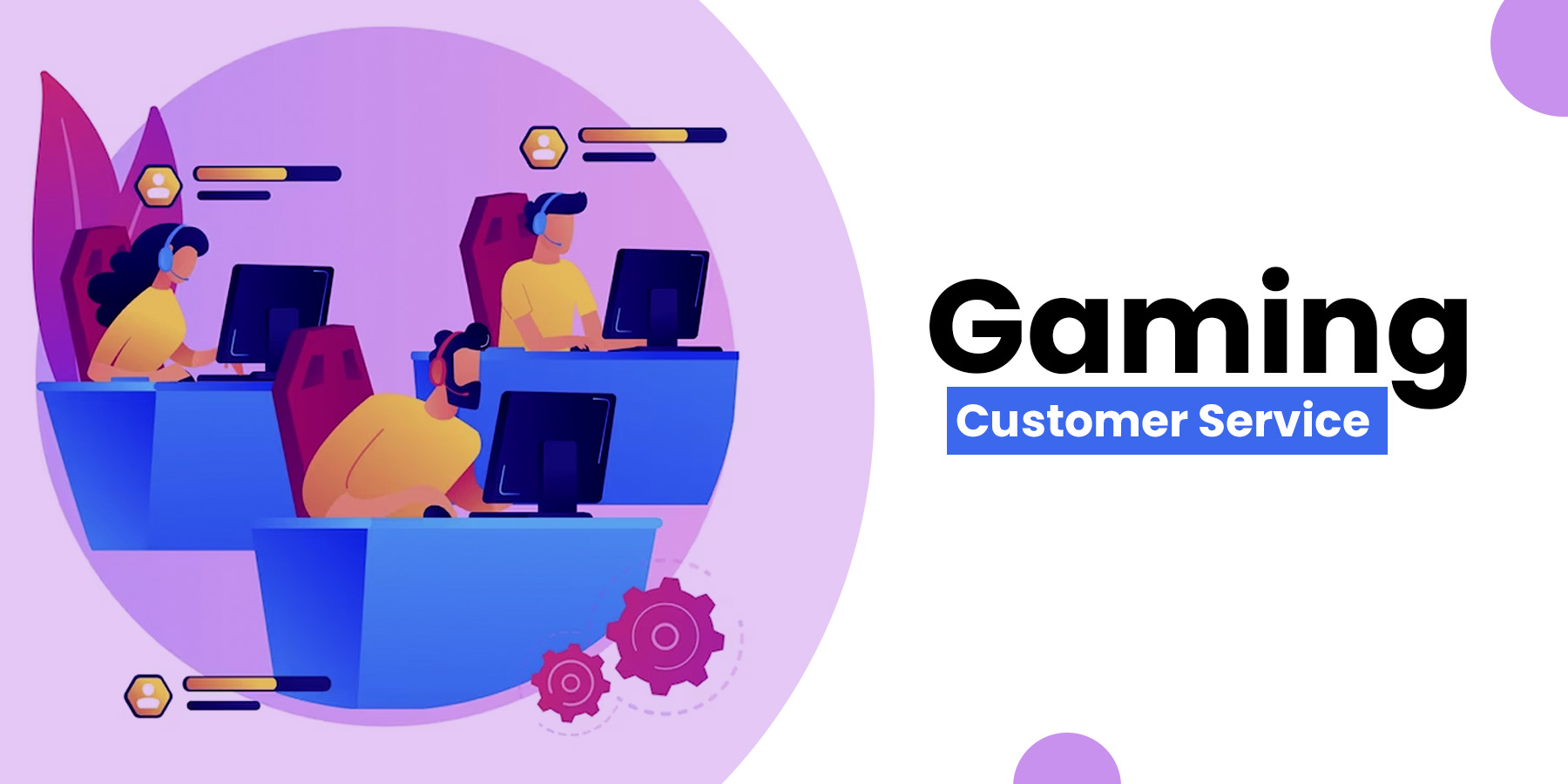In the ever-evolving landscape of customer service, the integration of Artificial Intelligence (AI), and more specifically, neural networks, stands as a groundbreaking shift. As an author with a deep-seated interest in the fusion of technology and customer experience, I've witnessed firsthand the transformative potential of neural networks in redefining customer service paradigms.
This exploration is not just about the technical prowess of neural networks but about their application in creating more dynamic, responsive, and personalized customer service experiences.
The Dawn of AI in Customer Service
At the heart of the modern customer service revolution lies AI and its subsets: machine learning, deep learning, and neural networks. These technologies are not just buzzwords but pivotal tools in analyzing and predicting customer behavior, automating responses, and personalizing customer interactions at scale. The advent of AI in customer service represents a shift from reactive to proactive engagement, where customer needs are anticipated and met with unprecedented precision.
- Automated Customer Support: Chatbots and virtual assistants capable of handling a wide range of customer queries 24/7.
- Personalized Experiences: AI-driven recommendations and services tailored to individual customer preferences.
- Predictive Analytics: Forecasting customer needs and providing preemptive solutions to enhance satisfaction.
Understanding Neural Networks
Diving deeper into the technological underpinnings, neural networks are a class of AI inspired by the human brain's structure and function. These networks are composed of layers of interconnected nodes or "neurons" that process and transmit signals. Unlike traditional computers, which follow linear, rule-based operations, neural networks can learn and make decisions, mimicking the cognitive processes of the human mind.
- Learning Capability: Artificial neural networks learn from vast amounts of data, improving over time.
- Pattern Recognition: Exceptional at identifying patterns and anomalies in data, essential for customer behavior analysis.
- Decision Making: Capable of making complex decisions based on learned data, enabling more nuanced customer interactions.
Transforming Customer Service with Neural Networks
Implementing an artificial neural network in customer service opens up possibilities for enhancing efficiency, understanding, and engagement. Here's how to harness their power:
- Data-Driven Insights: Utilize neural networks for deep customer data analysis, extracting insights that inform personalized service strategies.
- Enhanced Interaction: Deploy AI-powered chatbots and virtual assistants that provide instant, accurate, and personalized customer support.
- Predictive Support: Use predictive analytics to anticipate customer issues and needs, offering solutions before the customer even has to ask.
Overcoming AI Limitations in Customer Service
Despite their potential, AI and artificial neural networks are not without their limitations in customer service. Challenges such as lack of emotional intelligence, potential biases in AI algorithms, and the need for vast training data are significant. However, these limitations can be mitigated by:
- Human-AI Collaboration: Combining AI efficiency with human empathy and understanding ensures a balanced and practical customer service approach.
- Ethical AI Development: Implementing guidelines and practices to eliminate biases and ensure ethical AI usage.
- Continuous Learning and Improvement: Regularly updating and training AI systems with diverse data sets to improve accuracy and reliability.
Implementing AI in Customer Service
The journey to integrating artificial neural networks and AI into customer service encompasses strategic planning, technology adoption, and continuous refinement. Here are the steps to get started:
- Assess Your Needs: Understand the specific challenges and opportunities in your customer service that AI can address.
- Choose the Right Technologies: Select AI and neural network technologies that align with your customer service goals.
- Train Your AI: Feed your AI systems with quality data and continuously refine its learning to improve accuracy and effectiveness.
- Monitor and Optimize: Regularly review the performance of AI systems, making adjustments to ensure they meet customer needs effectively.
The Future Is Now: Deep Learning as a Service
As we look towards the future, deep learning as a service emerges as a compelling model for democratizing AI in customer service. This model enables businesses of all sizes to leverage advanced AI capabilities without in-house expertise or infrastructure.
With deep learning as a service, companies can tap into powerful neural network technologies to analyze customer data, predict trends, and automate interactions, all through a cloud-based platform.
- Accessibility: Making cutting-edge AI technology accessible to businesses without the need for significant investment in resources or expertise.
- Scalability: Allowing businesses to scale their AI capabilities up or down based on demand, ensuring flexibility and efficiency.
- Innovation: Encouraging continuous innovation in customer service strategies by providing access to the latest AI advancements.
Navigating the World of AI and Neural Networks
As we venture further into integrating artificial neural networks in customer service, it's clear that this technology is not just a tool but a catalyst for transformation. By understanding how artificial neural networks work and leveraging their capabilities, businesses can unlock new dimensions of customer engagement, satisfaction, and loyalty.
The journey toward AI-enhanced machine learning in customer service is ongoing, and it requires a commitment to learning, adaptation, and innovation. As we embrace these technologies, we must keep the human aspect of customer service at the forefront. The ultimate goal is not to replace human interaction but to augment it, ensuring that technology enhances the customer experience, not detract from it.
Key Takeaways
Wrapping up our exploration of transforming customer service through neural networks, here are three essential takeaways:
- Enhance Personalization: Use neural networks to analyze customer data deeply, offering personalized interactions that boost satisfaction and loyalty.
- Boost Efficiency: Deploy AI-driven systems for automated responses and inquiries management, freeing up your team to tackle more complex issues.
- Prioritize Continuous Learning: Keep updating and training your AI systems to adapt to new customer behaviors and preferences, ensuring your service remains top-notch.
We've delved into the significant impact artificial neural networks can have on customer service, from personalization to efficiency. Now, we'd love to hear your thoughts or experiences on integrating AI into customer service. Join the conversation in the comments, or connect with us on Facebook, and Linkedin.
For more insights into customer support strategies and to stay ahead of the curve, don't forget to follow our social media accounts. Let's continue to innovate and elevate customer service together.

































